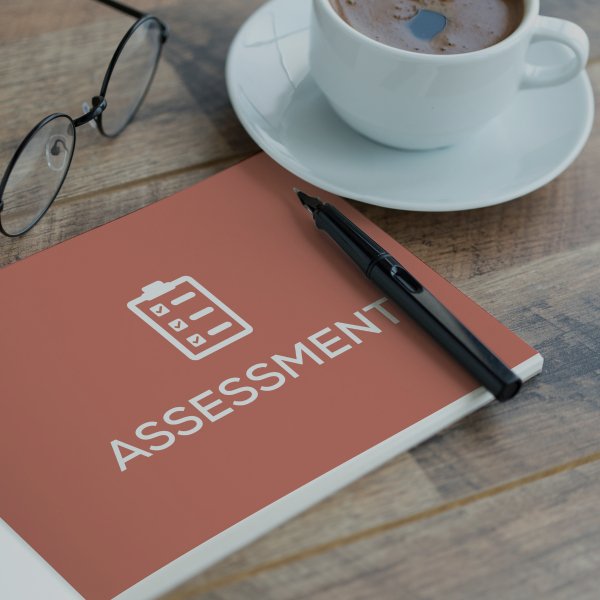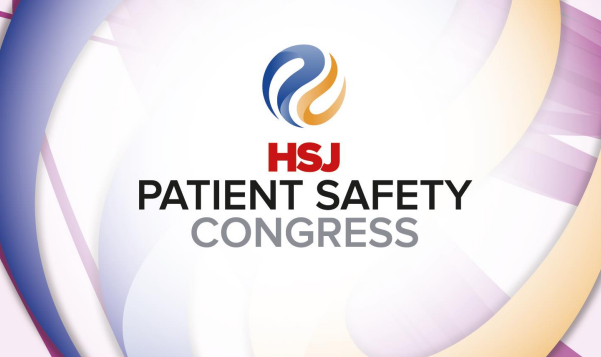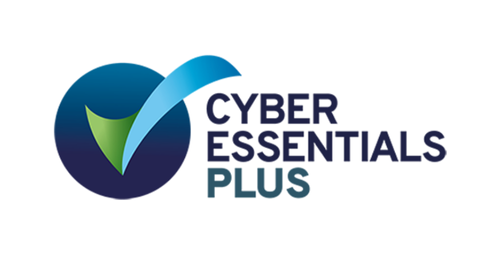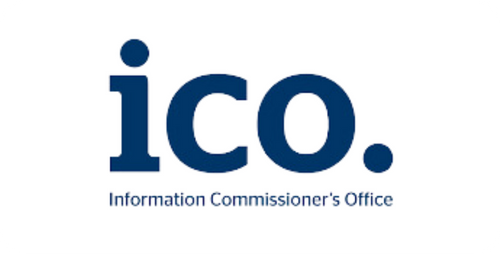
Factual Accuracy under the New CQC Assessment Framework
Since November 2023, the Care Quality Commission (CQC) has been progressively rolling out its new Single Assessment Framework. Most healthcare providers in England are navigating this updated system.
The CQC’s new framework includes both planned assessments and responsive evaluations, triggered by concerns about a service.This should provide clarity on when providers can expect their ratings to be updated. It’s crucial for healthcare providers to stay informed about these changes to ensure they’re prepared for upcoming inspections and assessments.

What’s New in the Assessment Framework?
The updated framework features 34 Quality Statements and 6 Evidence Categories, with specific guidelines for the evidence that CQC will prioritise for each sector. The detailed guidance is readily accessible, designed to help providers better understand what kind of evidence they’ll need to meet the CQC’s standards. This sector-specific approach also allows CQC to be more flexible, tailoring its evaluation process to align with the unique requirements of different services. As CQC itself states:
“The way we make our decisions about ratings will be clearer and easier to understand.”
Key Elements of the New Factual Accuracy Process
Here’s a breakdown of the key steps in the new Factual Accuracy process:
- Access to the Report: CQC will email the registered contact a link to the draft report for online review.
- Commenting on the Report: Providers can submit comments regarding the factual accuracy of each section of the report.
- Uploading Evidence: Providers have the option to upload supporting evidence directly linked to CQC’s evidence categories.
- New Information: Although providers can submit information about any improvements made since the assessment, this data generally won’t affect the final ratings unless under exceptional circumstances.
Time Limit: Providers have just 10 working days from the receipt of the draft report to submit their comments and evidence, with no extensions usually granted.
Why Submitting a Factual Accuracy Challenge Matters?
If your report includes findings of ‘Requires Improvement’ or ‘Inadequate,’ addressing these through a factual accuracy challenge is essential to safeguard your service’s reputation. Even if you believe your rating should have been higher—for example, from ‘Good’ to ‘Outstanding’—challenging the draft report is worth considering. We’ve found that many care providers suffer financial loss due to being poorly rated by the CQC.
Ignoring the opportunity to dispute inaccuracies means that CQC will assume the draft report is correct. This could complicate matters later if any enforcement actions are taken against your service, as you’ll find it harder to contest those decisions if you didn’t raise issues initially.
How COMI Health Can Support You
At COMI Health, we understand the immense pressure that care providers face in dealing with these challenges and the strict deadlines involved. Our team offers practical, expert advice to help you challenge the factual accuracy of your draft inspection report effectively. We work alongside you to ensure your concerns are thoroughly addressed, protecting your service’s reputation and standing.
Let us support you in navigating this crucial process—reach out to our Healthcare Team today to safeguard your ratings and secure the best possible outcomes for your service.












